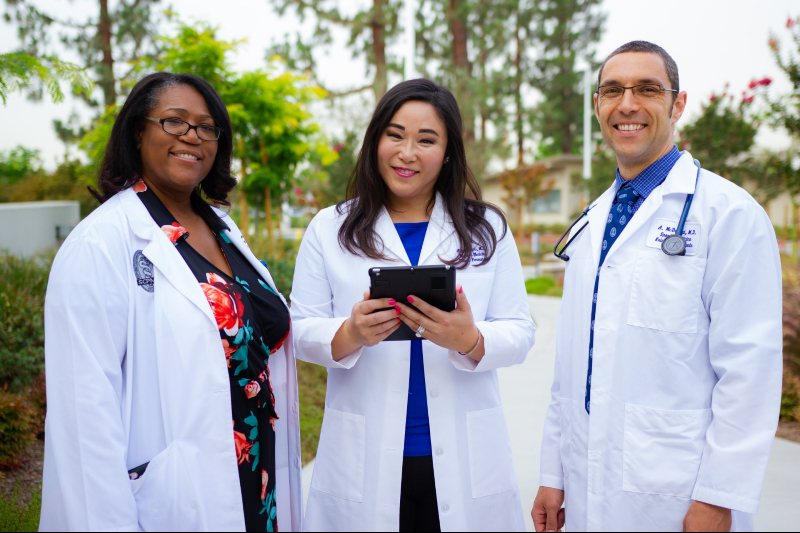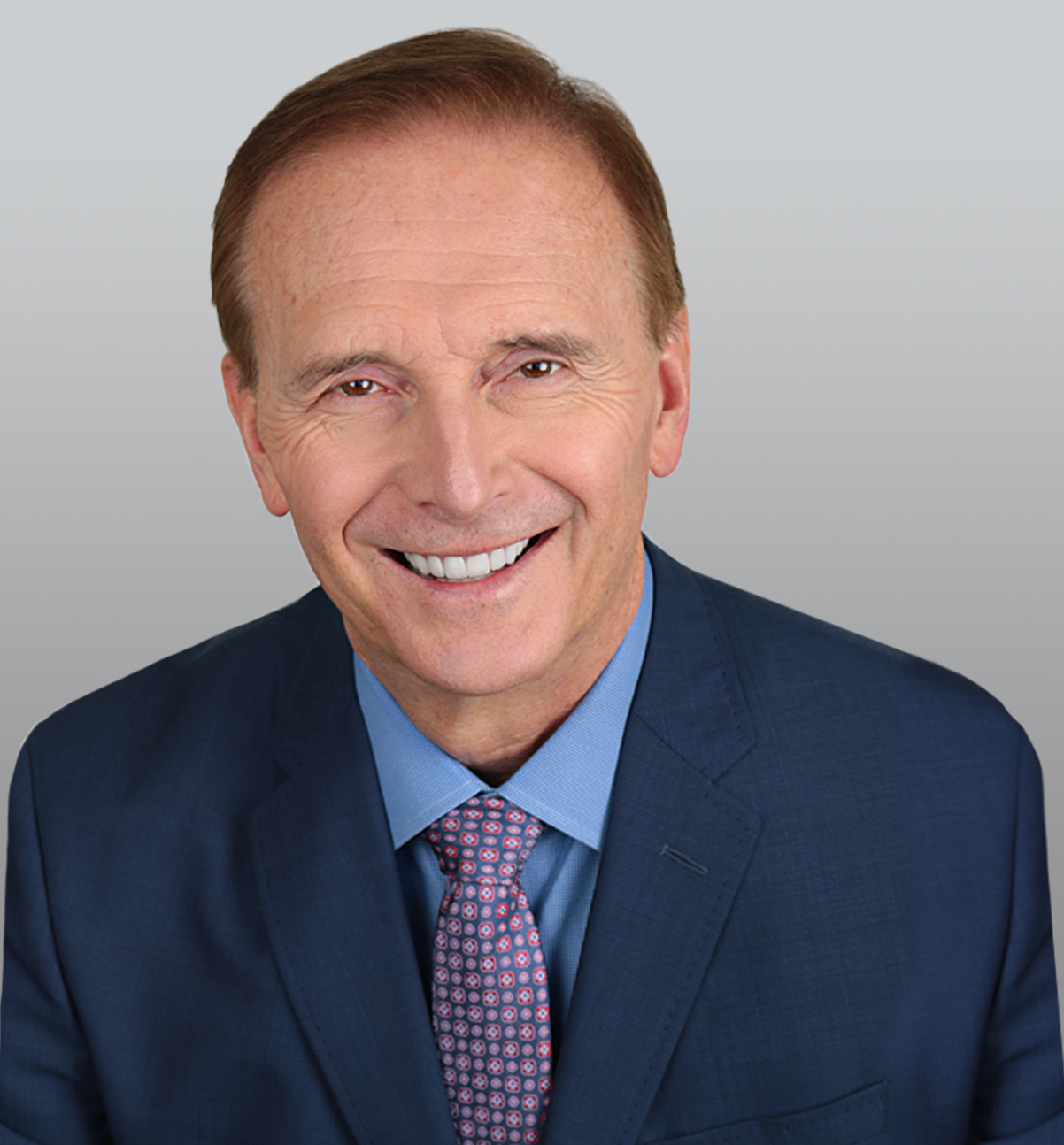
When we talk about equity, inclusion, and diversity (EID) within Permanente Medicine and Kaiser Permanente, we are talking about our commitment to practicing inclusive, ethical, equitable, evidence-based, high-quality medical care for our patients and creating a safe, respectful and inclusive environment for ourselves. Our vision of equitable care is based on the belief that everyone should have access to the same high-quality health outcomes. Equity, inclusion, and diversity (EID) is not just a moral and medical imperative, it’s a business imperative. It’s the right thing to do for our patients, our people and our business as data shows that diverse teams make better decisions and diverse leadership yields greater business success.
It is a reflection of that commitment that Kaiser Permanente is a member of Diversity Inc,’s Hall of Fame. In addition to consistently being voted among the top companies for diversity, we have received a perfect score for 13 years in a row on the Corporate Equality Index, a survey administered by the Human Rights Campaign Foundation. The survey evaluates corporate LGBTQIA+ workplace policies and practices. We are an employer championing for our active and military veterans. We are a top-rated inclusive workplace for people with disabilities. Forbes has named us the best employer for women. The list goes on and on.
Representing the Communities We Serve
When I started practicing medicine 35 years ago, physicians were a pretty homogenous group. Today, our physicians and employees are more representative of the communities we serve. As the leader of the Southern California Permanente Medical Group, it is my job to create an environment that welcomes diversity, celebrates inclusion and assures everyone has a seat at the table.
To effectively advocate for an environment that is truly equitable and inclusive, I believe it’s imperative for our organization to understand that inclusion is not a static idea but an active pursuit, ensuring greater gender, cultural, and ethnic diversity. We can do this by practicing and promoting self-awareness, fairness, courage, adaptability, curiosity, collaboration, and humility. For me, this starts with courage and curiosity.
The Power of Courage and Curiosity
Kaiser Permanente must be a safe place to practice medicine and receive care. Every conversation should be treated with the respect it deserves.
Curiosity is about asking questions and listening to understand rather than to respond, especially if someone brings a different life experience or perspective than we do. None of us are perfect, but we have the power to seek to understand and approach our colleagues, our patients, and our practice of medicine with respect, awareness, and empathy.
Intentionality Improves Care Delivery
Being intentional about our EID efforts means we’re better equipped to provide care that is culturally sensitive and appropriate. It connects us to our communities while allowing our patients to see themselves reflected in their own physicians, nurses, and other health care professionals. Culturally responsive care also means communicating with patients in their own language whether in person or through appropriate informational health materials. If a patient cannot communicate with their physician, or if the advice they receive doesn’t make sense through their specific cultural lens, then we are not delivering the care they need in the way they need it for optimal benefit.
Being intentional about our EID efforts means that we continuously improve the health care we deliver, closing care gaps and reducing health disparities. Thanks to Kaiser Permanente HealthConnect, one of the largest, most comprehensive electronic health record systems in the world, we have an unprecedented amount of data informing our evidence-based care to reduce care outcome disparities.
For example, we now know that certain racial/ethnic groups are at greater risk of developing hypertension as an independent risk factor from their weight or where they live, so we have proactively worked to identify and address these disparities. As a result, we have seen hypertension control rates increase across all racial/ethnic groups. The more we learn, the better equipped we are to provide compassionate, team-based care tailored to each individual’s needs.
To be the model for and answer to health, health care and wellness in America, we must provide a respectful, inclusive, and caring environment where everyone feels welcome and comfortable being authentic to who they are. That’s our commitment – and our doors are always open to you.

